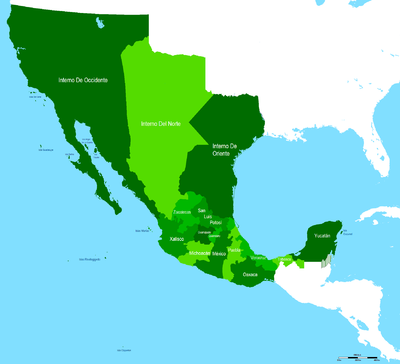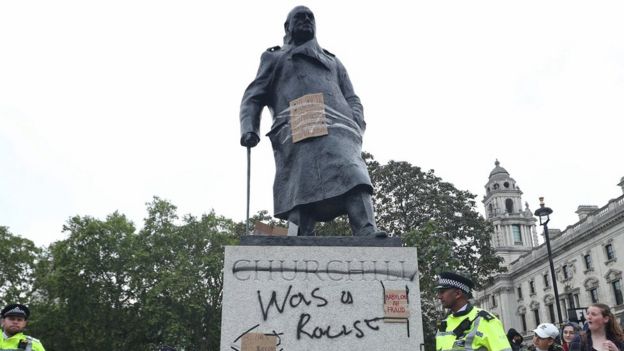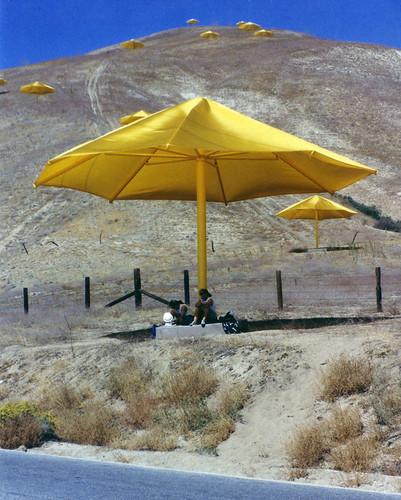My immediate question was a simple one: Does it happen all the time, or is this an unusual event?
But, finding the answer to this basic, simple question was not easy. Because, practically everything that I read overlaid the dust storm on the COVID-19 context or the fact this is the hurricane season. And, therefore, how the dust storm might affect COVID-19 patients, or the number and frequency of hurricanes.
This was typical of most reports:
The African dust cloud brought unhealthy levels of PM2.5 to much of the southeastern U.S. beginning on Thursday, June 25, when the air quality index (AQI) exceeded the 24-hour U.S. EPA standard for PM2.5 over the Florida Panhandle region. The AQI was in the orange (unhealthy for sensitive groups) range on that day, and reached the red (unhealthy) range on June 26 and 27 over the Florida Panhandle, much of Texas, and a small portion of Oklahoma. By June 28, the dust had thinned so only a few areas in the Midwest, primarily in Kansas, experienced PM2.5 levels in the orange category.Or about the ocean surface temperature and whether it might dampen hurricane activity in the Atlantic:
Air pollution aggravates COVID-19 symptoms, and likely led to increases in hospital admissions from the disease in regions where dust concentrations spiked. A PM2.5 episode as widespread and severe as this – even without the COVID-19 pandemic raging – could cause hundreds of premature deaths.
Although the dust layer itself is full of warm air, it can block sunlight from getting through to the Earth's surface. That can cause sea surface temperatures to temporarily cool, making conditions less favorable for storms. ...So ... why are these caused? We know about dust storms that are common in the deserts. But, is it common for such a huge storm to float over the Atlantic? Oh, btw, why are these reports only witn respect to potential impacts on humans? Do these storms help other life forms? How about the non-living things?
f a dust cloud happens to run into a hurricane that's already fully formed, the hurricane may actually help transport the dust across the ocean, Logan noted. But otherwise, dust plumes are thought to prevent new hurricanes from forming in the ocean as they move over the water.
It takes a lot of reading in order to come across something like this:
A spinning gyre in the Atlantic Ocean helps determine the direction that large masses of air will take.Phew! That was step 1. The follow-up question: How unusual is this, or is it an anomaly?
The gyre often shifts positions in the ocean, depending on the season. In the winter, it typically kicks dust plumes down to South America. In the summer, it sends them hurtling toward North America.
Dust clouds that make it as far as the Americas will eventually run into other weather systems that help break them apart. In the United States, they may get caught up in systems of westerly winds that scatter them over the East Coast.
Nobody knows.
Still, this week's massive event may have drawn more attention to the question — or, at the very least, to the phenomenon of dust plumes in general.Great!
I bet there is one guy who alone knows the answers!
An interesting footnote to this is about "an atmospheric scientist at the University of Miami, whose research team helped pioneer the study of Saharan dust clouds more than 30 years ago." His name--Prospero.
What is interesting, you ask?
Because of Shakespeare.
In The Tempest, Prospero is the protagonist who was cast out on the open sea by his evil brother. Prospero hits the books and becomes a master magician. With Ariel--a spirit that Prospero freed but made it his servant--he creates a storm in order to cause a shipwreck. Prospero the Shakespearean character, not the atmospheric scientist ;)
 |
| Caption at the Source This June 24, 2020 image is from the Suomi NPP OMPS aerosol index. The dust plume moved over the Yucatan Peninsula and up through the Gulf of Mexico. The largest and thickest part of the plume is visible over the eastern and central Atlantic. |














